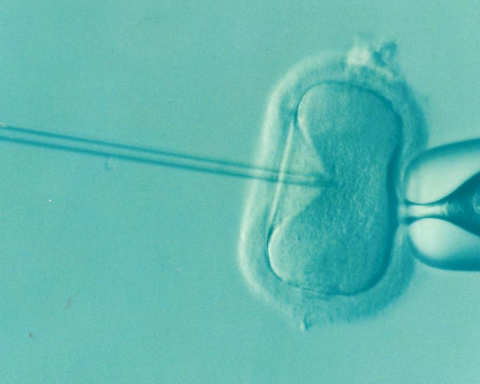Symbiosis Pharmaceutical Services Ltd (Symbiosis), a fast-growing contract manufacturing organisation (CMO) specialising in sterile global manufacture of pharmaceuticals, vaccines and biopharmaceuticals including Advanced Therapeutical Medicinal Products (ATMPs), has announced the completion of a £1.3 million collaborative UKRI-funded project as part of the medicines manufacturing challenge.
Symbiosis and The Cell and Gene Therapy Catapult (CGT Catapult) have successfully developed and demonstrated a lean manufacturing supply chain in partnership with Freeline Therapeutics for the sterile filling and manufacturing process of drug product.
The project learnings will now accelerate the manufacturing supply chain for ATMPs within the UK.
John McCormick, COO of Symbiosis said: “The results are very positive.
“The aim of the project was to reduce the production cycle by up to 25%. Shortening timelines reduces storage costs and can increase manufacturing facility utilisation. For many drug development projects, reducing manufacturing timelines, even by a few days, can facilitate these life changing medicines entering the clinic sooner.
“Initiation of drug product manufacture and processing at Symbiosis for the Freeline viral vector was able to start approximately four weeks from completion of drug substance manufacture and release testing at the CGT Catapult in Stevenage, UK. This compares to typical post-release testing timelines of up to 12 weeks; representing a reduction in the timeline of over 60%.
“Future manufacturing collaborations involving the CGT Catapult, Symbiosis, and collaborators based at the Stevenage Manufacturing Innovation Centre can therefore benefit from these newly developed process maps which expedite the viral vector manufacturing supply chain in this way.”
The collaboration established a streamlined manufacturing process with an advanced testing package, with the critical advantage of avoiding the long lead-time for testing for adventitious agents which has historically been required.
The project also established an improved contamination control process which is a critical, inherently challenging aspect of viral vector processing in a multi-product facility designed to process multiple ATMPs and other therapeutics, by extending the qualification of its disinfection efficacy programme in its drug product manufacturing facility.
The new process created can potentially save ATMP therapy developers several weeks of precious drug development time in selecting the correct regime for disinfection of the facility post-manufacture, avoiding the need to test efficacy with each individual biopharmaceutical product.
Commenting on the success of the project, CEO Colin MacKay added: “This reduction in the time taken between consecutive stages in the UK ATMP drug development manufacturing supply chain not only exceeds the projects original target to reduce the timeline by over 25%, but underlines how progressive collaborative strategic approaches can create opportunities for our shared clients to add value to their pharmaceutical assets by accelerating their development through clinical trial and, ultimately, bring life-changing therapies to patients more quickly.”
Matthew Durdy, CEO of CGT Catapult, also commented: “We are pleased with the outcome of our collaboration with Symbiosis. This project, in partnership with UKRI, highlights the importance of collaboration between industry partners to further develop and improve the supply chain for ATMPs. This project is testament to the UK’s leading position in ATMP manufacture and we look forward to future projects with Symbiosis that will benefit from this reduction in manufacturing timelines.”
Symbiosis has extensive experience in the sterile manufacture of ATMPs, including viral vectors for cell and gene therapy use, and has manufactured GMP batches for many clients from around the world over the last seven years. Some of those viral-based technologies translate into therapies which can provide pioneering, curative treatments for previously intractable conditions, including heritable genetic disease as well as some types of cancers.
The extensive experience of both Symbiosis and the CGT Catapult in Stevenage was strategically leveraged to enable the successful completion of this UKRI funded collaborative project.





